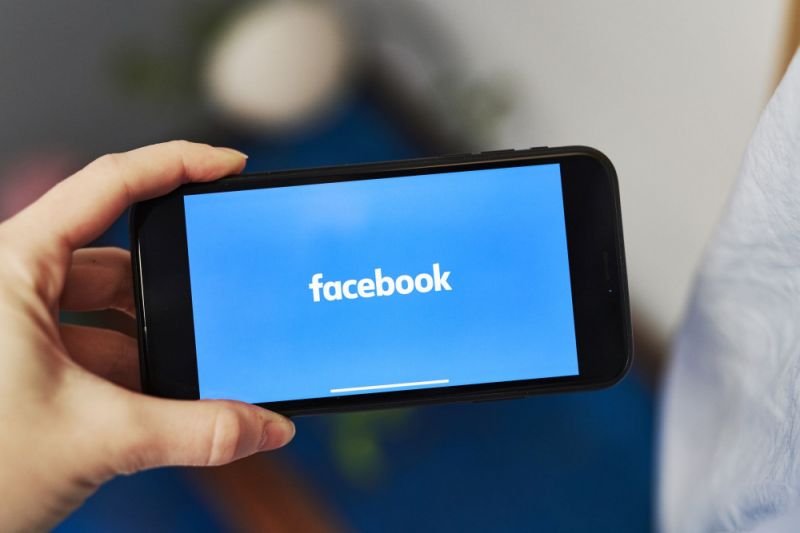
(Bloomberg) — Facebook Inc.’s proposed Oversight Board, a group of people from outside the company who will determine whether controversial user posts violate the social network’s rules, could take months to make these decisions — indicating the panel won’t play a role in quickly stopping the viral spread of misinformation or abuse on the service.
Instead, the board will take on cases that “guide Facebook’s future decisions and policies,” the company wrote Tuesday in a blog post. “We expect the board to come to a case decision, and for Facebook to have acted on that decision, in approximately 90 days.” The company also said it could expedite some decisions in “exceptional circumstances,” and that those would be completed within 30 days, but could be done faster.
Facebook also announced the board’s first director: Thomas Hughes, the former executive director of Article 19, a human rights organization that focuses on free speech rights. Hughes won’t be a board member, meaning he won’t review individual cases, but will serve as the panel’s top executive, helping to lead a staff responsible for the operation. In December, Facebook set aside $130 million to help fund the board for its first six years.
The general time frame for the board’s decision-making was one of the details included in proposed bylaws Facebook released Tuesday that will govern how the group operates. The company announced plans to create the board over a year ago to shift some of the responsibility of making difficult content decisions to people who aren’t Facebook employees. At the time, Chief Executive Officer Mark Zuckerberg said the independent panel would be important to ensure Facebook doesn’t have too much power over user speech globally. “It will provide assurance that these decisions are made in the best interests of our community and not for commercial reasons,” he said.
The speed at which the board will review content decisions, though, means that Facebook employees and contractors will still be making decisions when it matters most: When posts are first shared. Facebook will continue to review posts the same way it does today, but has pledged to take decisions from the Oversight Board as final once they’re made. Given the speed at which information can travel on Facebook, that means the Oversight Board will be more of a corrective solution to prevent a future issue, rather than a response team to quickly solve a current one.
One example used by someone close to the board was that of the doctored video of House Speaker Nancy Pelosi that surfaced on Facebook in May, purporting to show the congresswoman slurring her speech. In that case, Facebook chose to leave the video up. In the future, the board might review the post and decide otherwise, but its decision wouldn’t do much to protect people affected by misinformation. Instead, it would set a precedent for how Facebook could act quicker in future, similar incidents.
To contact the reporter on this story: Kurt Wagner in San Francisco at [email protected]
To contact the editors responsible for this story: Jillian Ward at [email protected], Andrew Pollack, Molly Schuetz
<p class="canvas-atom canvas-text Mb(1.0em) Mb(0)–sm Mt(0.8em)–sm" type="text" content="For more articles like this, please visit us at bloomberg.com” data-reactid=”26″>For more articles like this, please visit us at bloomberg.com
<p class="canvas-atom canvas-text Mb(1.0em) Mb(0)–sm Mt(0.8em)–sm" type="text" content="Subscribe now to stay ahead with the most trusted business news source.” data-reactid=”27″>Subscribe now to stay ahead with the most trusted business news source.
©2020 Bloomberg L.P.











